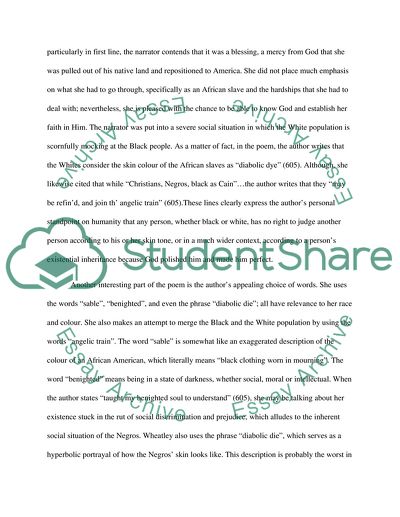Cite this document
(“On Being Brought from Africa to America Essay Example | Topics and Well Written Essays - 2500 words”, n.d.)
Retrieved de https://studentshare.org/literature/1481646-english-literature
Retrieved de https://studentshare.org/literature/1481646-english-literature
(On Being Brought from Africa to America Essay Example | Topics and Well Written Essays - 2500 Words)
https://studentshare.org/literature/1481646-english-literature.
https://studentshare.org/literature/1481646-english-literature.
“On Being Brought from Africa to America Essay Example | Topics and Well Written Essays - 2500 Words”, n.d. https://studentshare.org/literature/1481646-english-literature.


